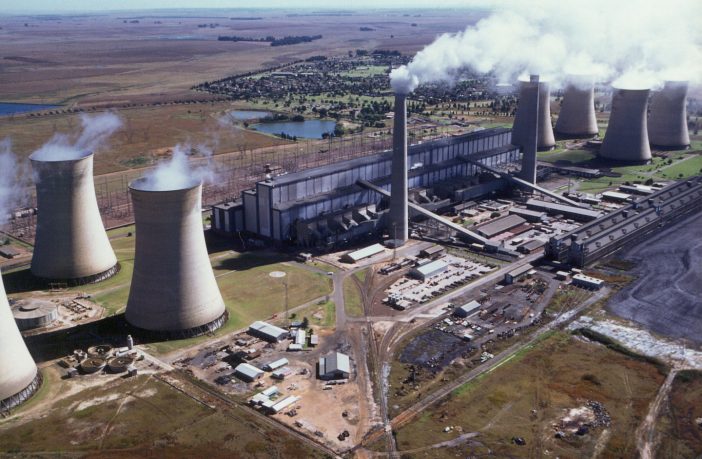- The International Institute for Sustainable Development (IISD) has released a report entitled ‘South Africa’s Energy Fiscal Policies: An inventory of subsidies, taxes, and policies impacting the energy transition’.
- A country’s energy fiscal policy can be linked to promoting domestic energy production and increasing energy security and access to affordable energy.
- Subsequently, this may drive economic development, which in turn positively impacts sectors such as education and health.
- The report exposes the South African governments current energy sector subsidy, tax and policy mix, and how it affects energy sector performance.
The IISD report aims to assist the South African government by identifying whether or not its energy fiscal policies are aligned with its stated objectives for the energy sector. Fiscal policies denote broad government spending, including subsidies, taxes, and grants. As such, the report is a tool to support government and foster informed discussion among national stakeholders.
The report highlights:
- South Africa has an inventory of ZAR 172 billion (USD 10.4 billion) in energy subsidies in 2020/21.1
- Government bailouts—including the ZAR 56 billion (USD 3 billion) bailout for South Africa’s state-owned utility Eskom in FY 2020/21—have placed a strain on the government budget. In this context, bailouts were provided to Eskom due to the utility’s increasing debt sheet. Bailouts to other state-backed and energy intensive enterprises included South African Airways and South African Express, worth ZAR 5.5 billion (USD 333 million) and ZAR 300 million (USD 18 million), respectively.
- Oil and gas: There remain subsidies for the consumption of fossil fuels. The highest- value oil and gas subsidy that has been quantified in this report was on value-added tax (VAT) exemptions provided for the sale of gasoline, diesel, and illuminating paraffin. This subsidy has increased from ZAR 23.89 billion (USD 1.79 billion) in FY 2017/18 to ZAR 34.67 billion (USD 2.4 billion) in FY 2019/20.
- The Free Basic Electricity access program and the national electrification program, which have increased by 10% and 3.3%, respectively, from FY 2018/19, are the two most significant electricity subsidies, costing ZAR 11.65 billion (USD 707 million) and ZAR 4.57 billion (USD 280 million) in FY 2020/21.
- Nuclear energy: Support for the nuclear industry continues. Significant questions remain over the future role of nuclear power. South Africa’s existing nuclear reactor, which is owned and operated by Eskom, provides 5% of South Africa’s electricity generation. In its 2021 expenditure estimates, the Department of Energy estimated that 11.9% (ZAR 3.4 billion, or USD 0.2 billion) of its budget over the medium term would go toward funding entities such as the South African Nuclear Energy Corporation under the Nuclear Energy Regulation and Management program (National Treasury Department, South Africa, 2021).
- Renewables: Renewable energy subsidies are difficult to estimate, but subsidies will fall as technology costs decline. Our estimates for renewable energy only quantify a government subsidy for a solar water heating project for which support was provided in FY 2018. However, the cost of power purchase agreements for renewable energy projects will have created subsidies to renewable energy generation.
Link to the full report HERE
Author: Bryan Groenendaal















